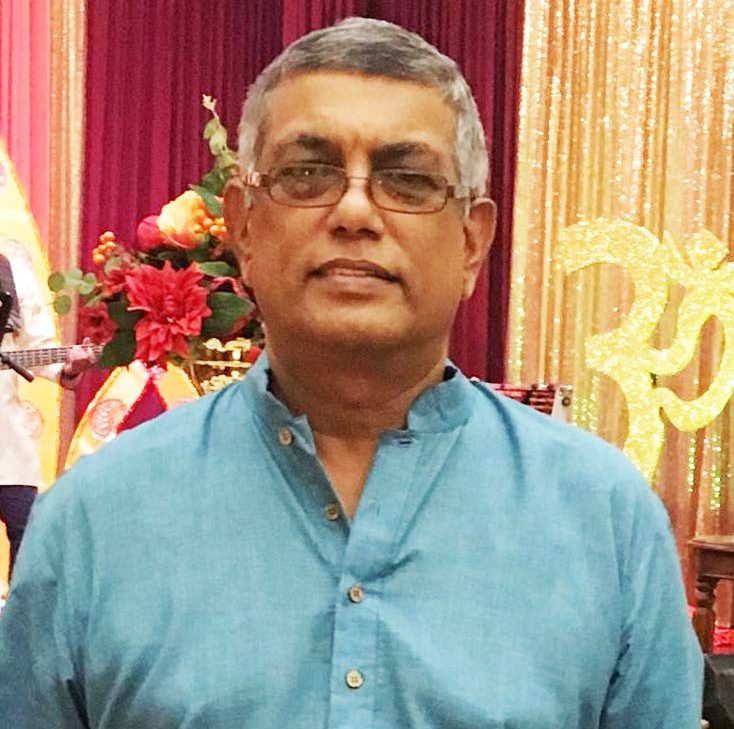Maha Sabha to take sedition ruling to Privy Council

ATTORNEYS for the Sanatan Dharma Maha Sabha and its media company, Central Broadcasting Services Ltd (CBSL), have made good their promise to take their legal challenge of Trinidad and Tobago’s sedition laws to the Privy Council.
Last week Thursday, the legal team for the Maha Sabha’s Vijay Maharaj, who took over the case as his late father, Satnarayan Maharaj’s Estate and CBSL filed a motion for conditional leave to appeal to the Privy Council.
On March 26, the Court of Appeal overturned a judge’s ruling on sections 3 and 4 of the Sedition Act. The Appeal Court held the sections did not violate the principles of legal certainty, and met the requirements of valid law.
Sat Maharaj and CBSL filed the constitutional claim after Maharaj made certain statements on his Maha Sabha Strikes Back programme on TV Jaagriti on April 15, 2019. He said citizens living in Tobago were lazy and the men were rapists.
He had not been charged, but the Telecommunications Authority (TATT) considered the statements divisive and this led to an investigation by police to determine whether the statements were of a seditious nature. Police raided the CBSL’s offices on two occasions. Maharaj said he presumed he would be charged for sedition.
At a media conference after the Court of Appeal gave its ruling, Maharaj’s attorney, and legal advisor to the Maha Sabha, Dinesh Rambally said it was the late Sat Maharaj’s dying declaration that his legal challenge of the sedition laws should go to the Privy Council.
In the motion, the attorneys contend that the Court of Appeal erred in law in its interpretation of the Constitution when it found that the sections did not violate the principle of legal certainty.
They say the Court of Appeal failed to understand, or understand correctly, that “statements spoken or written which ‘may bring into hatred or contempt’ or ‘excite disaffection’ or ‘raise discontent or disaffection or promote feelings of ill will and hostility’ which define seditious intention in the Act are extremely broad, hopelessly vague and are highly speculative descriptions of speech or writings or conduct.”
The motion also argues that the Court of Appeal erred by failing to uphold the initial finding of Justice Frank Seepersad in January who held the sections were unconstitutional, and for not finding that the sections were inconsistent with the guarantee in section 1 of the Constitution that TT was a sovereign democratic state. They argue that TT’s sedition laws were enforced locally but created in the United Kingdom to “prevent criticisms of the king and/or the queen because at that time in England, which was centuries ago, the king and the queen could have done no wrong.”
In all, there were 13 grounds of complaints.
The motion mentions that there was an appeal as of right under section 109 of the Constitution, adding that it involved questions which were of great general or public importance and ought to be submitted to the Judicial Committee of the Privy.

Comments
"Maha Sabha to take sedition ruling to Privy Council"